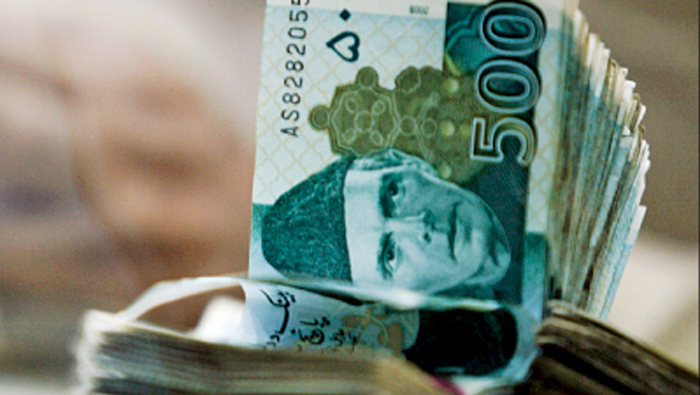
Muscat: Pakistani expats sending money home will now receive more rupees for their Omani rials after the South Asian nation’s central bank devalued the currency for the third time in seven months.
The rupee declined to 120.12 for every U.S. dollar. Exchange houses in the Sultanate are now offering 312 rupees per Omani rial, granting Pakistanis sending remittances back home more bang for their buck.
Speaking to the Times of Oman, R. Madhusoodanan, General Manager of Global Money Exchange, said, “There has been a bit of confusion in the market and uncertainty in Pakistan. The Pakistani rupee has been highly volatile over the past two days.”
The State Bank of Pakistan said on Monday that the rupee’s fall was a “market-based adjustment”, adding that it was monitoring the situation “and stands ready to ensure stability in the financial markets and curb the emergence of speculative pressures.”
Madhusoodanan added, “The Pakistani expats that we have seen are very happy, because they are now getting more for their earnings. But back in Pakistan, higher inflation and the fiscal deficits are now major concerns.”
According to Madusudanan, the currency changes have resulted in expats remitting money receiving 312 rupees for every Omani rial, as opposed to just 300 rupees a few days ago.
The devaluation shows signs of vulnerability in Pakistan’s nearly $300 billion economy, as dwindling foreign reserves and a widening current account deficit triggered speculation about returning to the International Monetary Fund for loans for the second time since 2013.
Ashfaque Hasan Khan, an economist with Pakistan’s National Institute of Science and Technology, said the interim government that now holds the reins during the election campaign might, itself, be forced to go to the International Monetary Fund.
Khan said the interim government needs to make policy decisions to curb imports and increase exports, but so far the caretaker government has not taken enough steps.
“If we rely exclusively on the rupee devaluation to address our balance of payment crises, this will have disastrous consequences,” he said.
Since December, the rupee has fallen by some 14 per cent.
In December and in March, the rupee was devalued, each time by about 5 per cent, by the counntry’s central bank.
Pakistan’s economy is expected to expand by close to 6 per cent this year, the fastest pace in more than a decade, but a widening of the current account deficit has brought new concerns.
The current account deficit now stands at $14 billion, around 5.3 per cent of gross domestic product, an SBP official said.
-(With Input From Reuters)